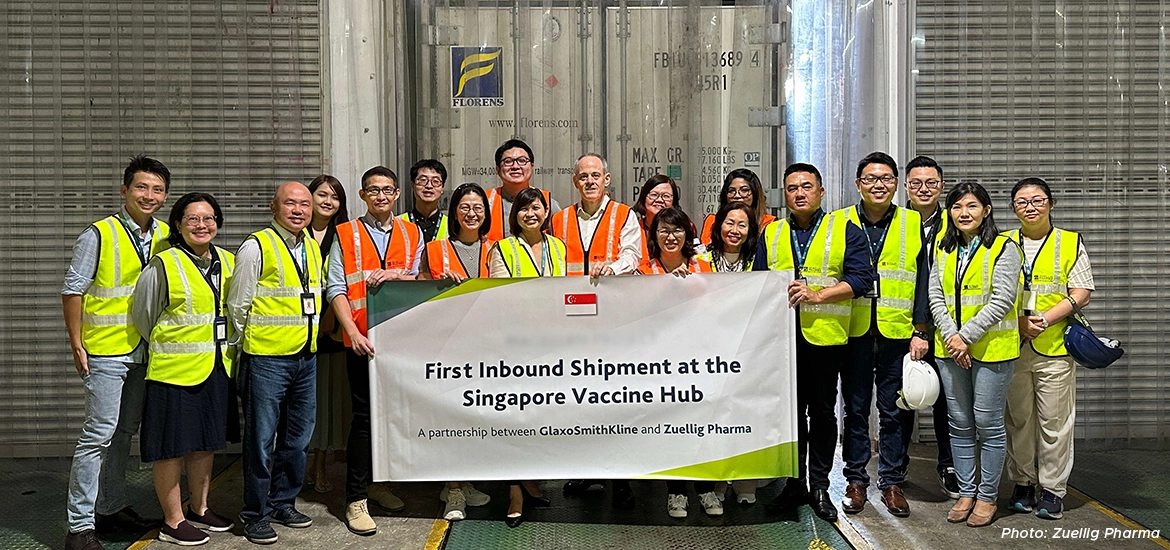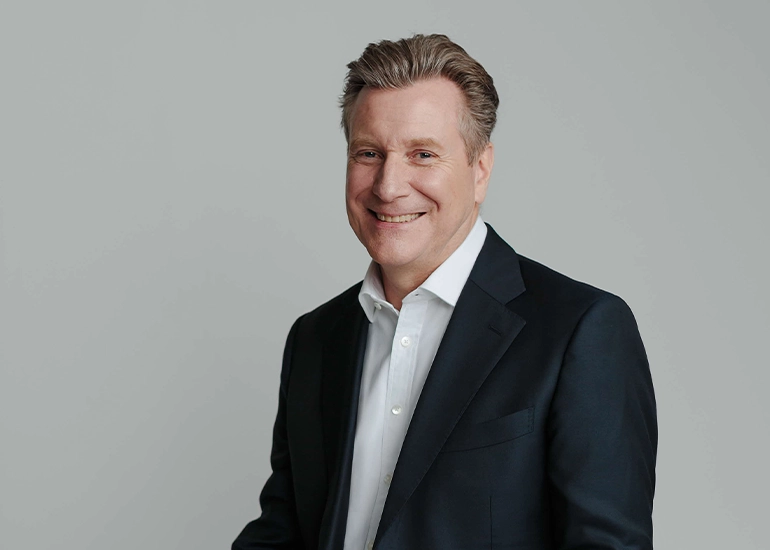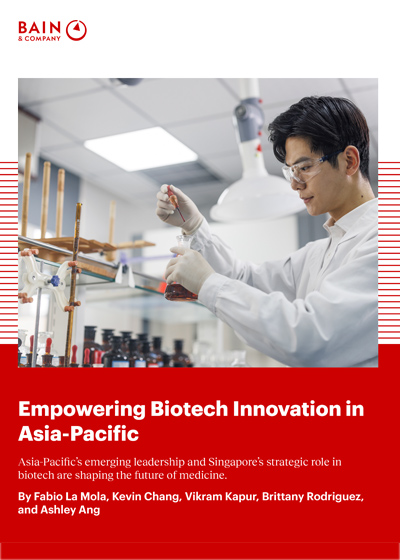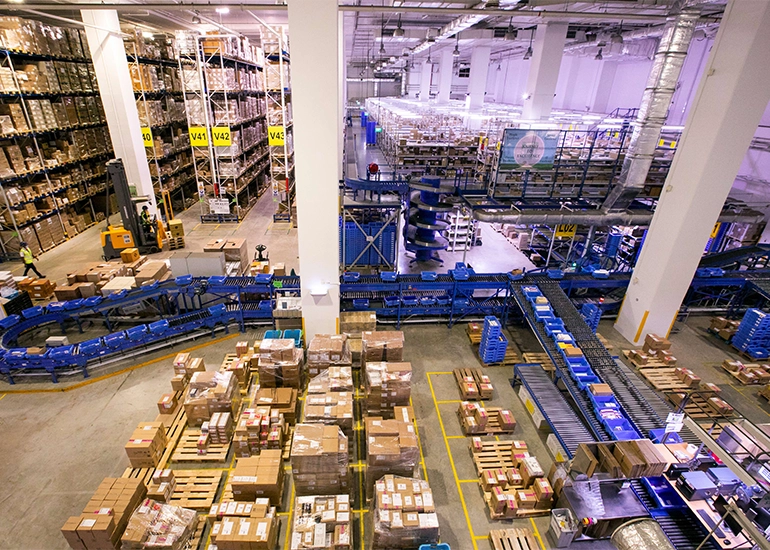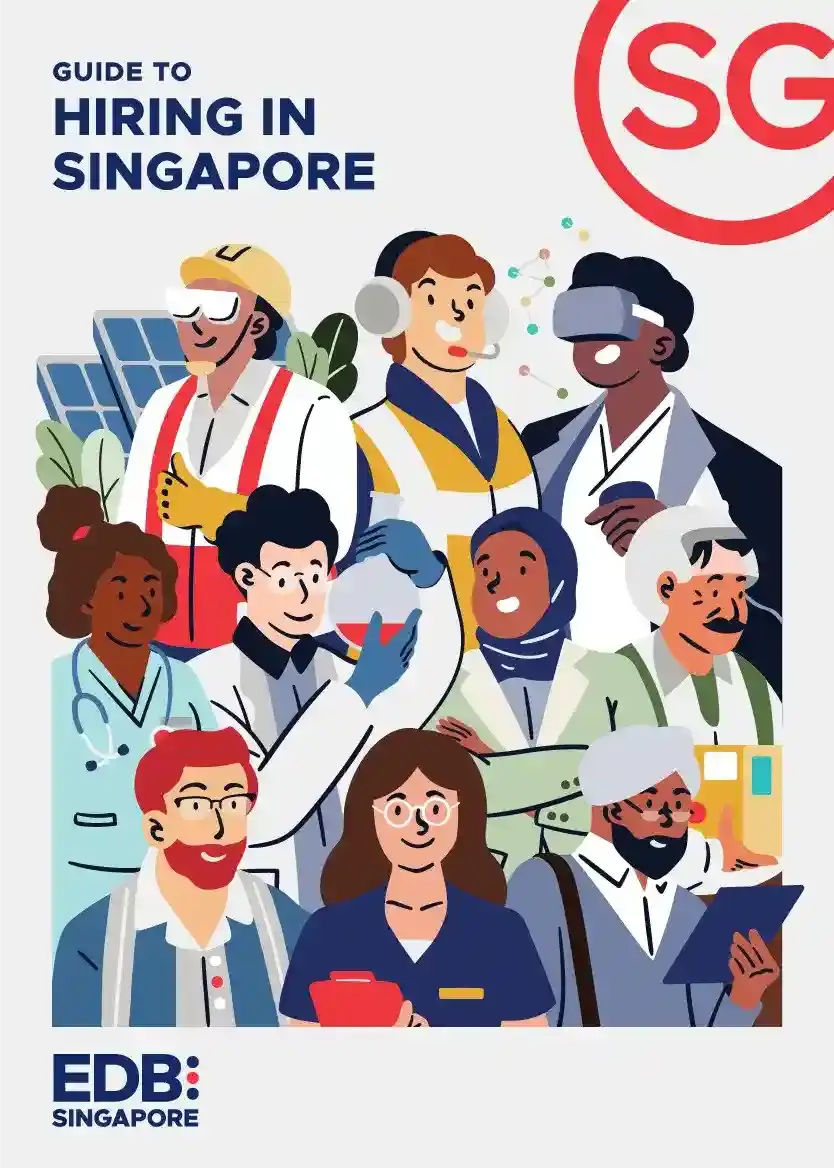Now, the group is looking at artificial intelligence (AI), which has the potential to revolutionise different parts of the healthcare value chain.
Already, AI is being used in research and development to speed up the identification of new molecules, and to accelerate the diagnosis and treatment of various diseases, says Mr Graham. Zuellig Pharma has also further explored ways to streamline its operations with the use of AI.
“We are starting to use AI to simplify critical processes, whether that is invoicing or credit control or release. We sell to over 250,000 customers across the region, each of which has multiple transactions with us on a monthly basis, there is a lot of work that is still manual, and still needs human intervention, and we see that AI will simplify those processes going forward,” the chief says.
He adds that another area where AI can be applied is the marketing and promotion of the commercialisation of products.
Even as the group looks at AI’s uses, it is also championing sustainability, a core facet of its overall business strategy.
And the next frontier for the company is to collaborate more closely with its partners and stakeholders across the value chain to drive collective action, says Mr Graham. “It is not just working on our own footprint but working across the value chain to see if we can deliver a more significant impact from our efforts, and out of the supply chain. We recently launched the Sustainable Healthcare Network in Singapore to bring together like-minded stakeholders across healthcare to collaborate on shared initiatives.”
If there are key qualities that can help the leader navigate today’s choppy waters, it will be the ability to understand the complexity of the world we are living in, and to continually adapt to remain at the forefront of an industry.
He says the ability to help people understand the need for change and help them work through it is vital.
This skill may have come in handy when he needed to chart the waters during the Covid-19 pandemic.
“We had the lockdowns, and we had to continue to supply medicine to healthcare providers, whether it’s hospitals, clinics or pharmacies even amid the gridlock.”
Says Mr Graham: “Our team did a fantastic job of continuing to manage during the pre-vaccine period, and when the vaccines were available, we played a key role across the region in distributing various vaccines and facilitating access to patients of essential life-saving medication across Asia as well, even amid stringent regulation and hindered cross-border access.”
During the pandemic, the firm teamed up with Temasek Foundation to procure more than 50 tonnes of essential medical supplies to support healthcare facilities in Singapore.
It also worked with the Ministry of Health to activate local teams on weekends to provide personal protective equipment (PPE) to clinics, specialists, and hospitals islandwide.
For its outstanding contributions to Singapore’s fight against the pandemic, Zuellig Pharma Singapore was honoured at the 2022 National Awards (COVID-19).The organisation received the President’s Certificate of Commendation (COVID-19) for their exceptional contributions. Three members of its Singapore team also received the Public Service Medal (COVID-19) for their courage and dedication in working hand-in-hand with the government to safeguard the health of Singaporeans.
In 2023, Zuellig Pharma helped GSK set up its first vaccine distribution hub in the region. Headquartered in Singapore, this hub serves 13 markets in Asia-Pacific.
